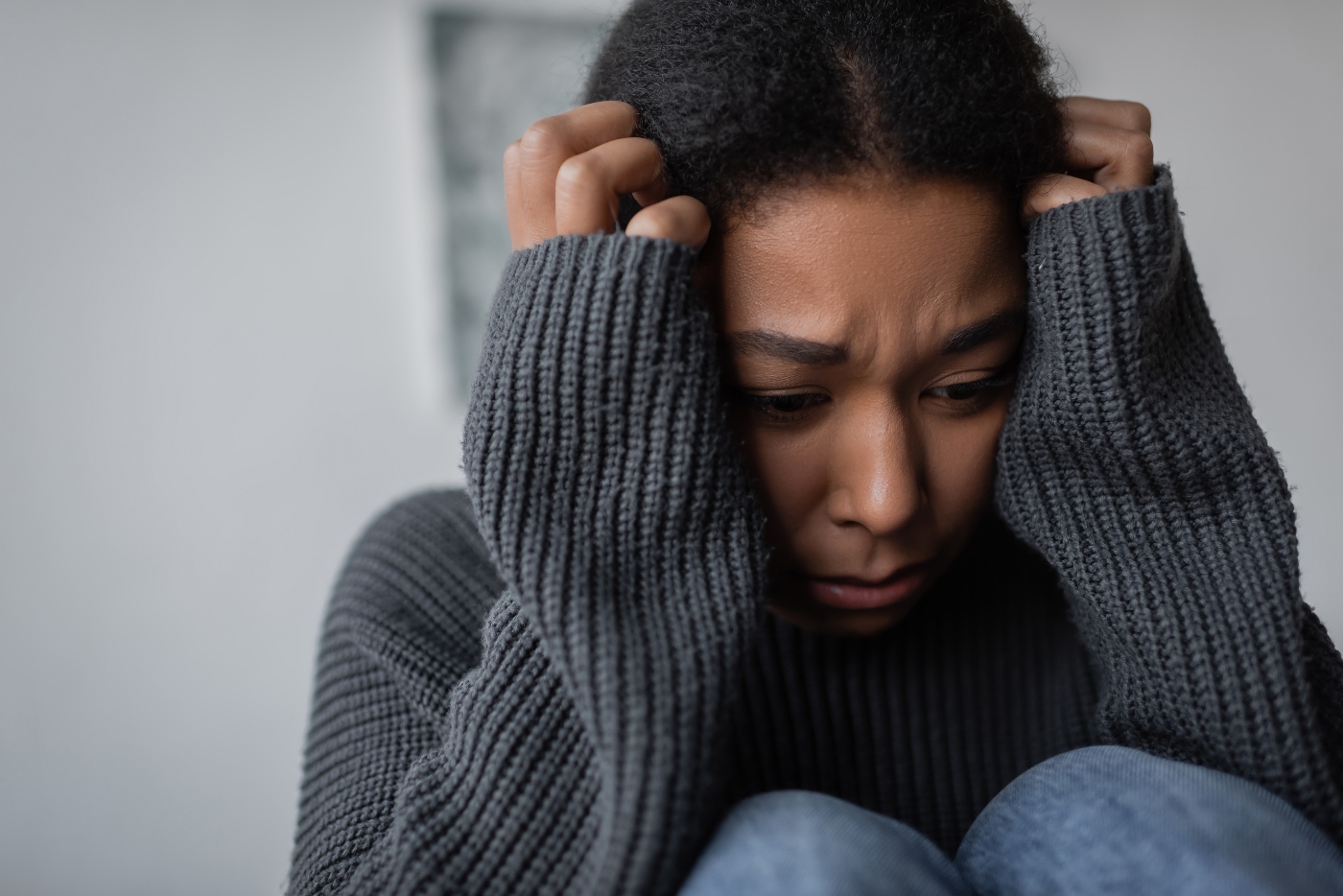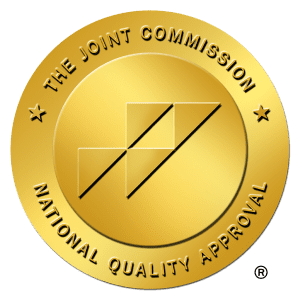
Anxiety in recovery presents one of the most significant challenges individuals face when overcoming addiction. If you’re navigating the path to sobriety, understanding how anxiety impacts your recovery journey is crucial for achieving long-term success. At Grata in Ventura County, we recognize that addressing anxiety alongside addiction isn’t just beneficial—it’s essential for comprehensive healing.
Understanding the Connection Between Anxiety and Addiction
The relationship between anxiety and substance abuse is complex and deeply intertwined. This co-occurrence, known as dual diagnosis or comorbidity, requires specialized treatment approaches that address both conditions simultaneously.
Why Anxiety and Addiction Often Co-Occur
Several factors contribute to the frequent co-occurrence of anxiety and addiction:
- Self-Medication: Many individuals turn to alcohol or drugs to manage uncomfortable anxiety symptoms. What begins as temporary relief can quickly develop into dependency as the brain associates substance use with anxiety relief.
- Brain Chemistry Changes: Chronic substance use alters brain chemistry in ways that can trigger or worsen anxiety symptoms. The same neural pathways involved in addiction also regulate stress and anxiety responses.
- Shared Risk Factors: Certain environmental factors (like stress or trauma, and genetics) can contribute to developing both substance use disorders and other mental disorders.
- Withdrawal Effects: As substances leave the system, anxiety often intensifies during the withdrawal process, making early recovery particularly challenging.
The Impact of Anxiety on Addiction Recovery
Understanding how anxiety affects your recovery journey is the first step toward managing it effectively. According to research, 50-60% of those in addiction treatment also have a co-occurring mental health disorder, making anxiety management a critical component of successful treatment.
Common Anxiety Symptoms in Recovery
Individuals experiencing anxiety in recovery may notice:
- Persistent worry about relapse or failure
- Generalized Anxiety Disorder (GAD) affects 6.8 million adults or 3.1% of the U.S. population
- Anxiety disorders affect 31.9% of adolescents between 13 and 18 years old
- Nearly one-half of those diagnosed with depression are also diagnosed with an anxiety disorder
How Anxiety Can Threaten Recovery
When left untreated, anxiety can significantly impact recovery outcomes:
- Increased Relapse Risk: The mental health problems that most commonly co-occur with substance abuse are depression, bipolar disorder, and anxiety disorders. Untreated anxiety often leads individuals to self-medicate with substances.
- Treatment Interference: Severe anxiety can prevent individuals from fully engaging in therapy, group sessions, and other recovery activities essential for healing.
- Social Isolation: Anxiety may cause individuals to withdraw from supportive relationships and recovery communities, weakening their support network.
- Reduced Quality of Life: Persistent anxiety can make daily activities feel overwhelming, diminishing motivation to maintain sobriety.

Evidence-Based Strategies for Managing Anxiety in Recovery
The good news is that anxiety in recovery is highly treatable with the right approaches. Research shows that integrated treatment addressing both conditions simultaneously produces the best outcomes.
Cognitive Behavioral Therapy (CBT)
CBT stands as one of the most effective treatments for both anxiety and addiction. Research from 54 clinical trials found that mindfulness-based interventions improved cravings, pain, quality of life, depression, and anxiety in people recovering from addiction.
CBT helps individuals:
- Identify negative thought patterns that fuel anxiety
- Develop healthier coping mechanisms
- Challenge irrational fears and beliefs
- Build confidence in their ability to manage anxiety without substances
Mindfulness and Meditation Practices
Mindfulness techniques offer powerful tools for managing anxiety in recovery. These practices promote a non-judgmental and non-reactive awareness of one’s surroundings, emotions, and thoughts.
Effective mindfulness practices include:
- Deep breathing exercises to activate the body’s relaxation response
- Progressive muscle relaxation to release physical tension
- Meditation to develop emotional regulation skills
- Grounding techniques to manage panic attacks and overwhelming anxiety
Building Healthy Coping Skills
Recovery requires replacing substance use with healthy coping mechanisms. Coping skills can help you healthily confront and overcome the very things that led to your substance abuse – negative emotions, stressful situations, peer-pressuring relationships, past traumatic experiences, mental illness, or other struggles.
Essential coping skills for anxiety in recovery include:
Physical Self-Care:
- Regular exercise to release endorphins and reduce stress
- Maintaining a balanced diet to support mental health
- Prioritizing quality sleep for emotional regulation
- Avoiding caffeine and stimulants that can worsen anxiety
Emotional Regulation:
- Journaling to process thoughts and feelings
- Practicing gratitude to shift focus from anxiety to positives
- Learning to identify and express emotions healthily
- Using relaxation techniques during anxious moments
Social Support:
- Participating in support groups specific to dual diagnosis
- Building relationships with others in recovery
- Communicating needs clearly to family and friends
- Working with a sponsor who understands anxiety challenges
Professional Treatment Options
Comprehensive anxiety treatment in recovery often requires professional intervention. The combination of extensive substance abuse and a neglected mental condition generally requires the help of both mental health and addiction professionals who can treat the conditions simultaneously.
Treatment options may include:
- Medication Management: When appropriate, medications like SSRIs can help manage anxiety symptoms while avoiding addictive substances like benzodiazepines.
- Individual Therapy: One-on-one sessions provide personalized strategies for managing anxiety triggers and developing coping skills.
- Group Therapy: Connecting with others facing similar challenges reduces isolation and provides peer support.
- Family Therapy: Involving loved ones in treatment helps build a strong support system for recovery.Why Narcan’s Duration Matters in Treatment Planning
The Role of Trauma-Informed Care
At Grata, we understand that anxiety in recovery often stems from underlying trauma. Our approach addresses the root causes of both anxiety and addiction, recognizing that Mental disorders can lead to an increase in risky behaviors, including using substances to cope.
Trauma-informed care helps individuals:
- Process traumatic experiences safely
- Understand how trauma contributes to anxiety and addiction
- Develop healthy attachment patterns
- Build resilience and emotional regulation skills
Creating Your Anxiety Management Plan
Successfully managing anxiety in recovery requires a personalized approach. Consider these steps when developing your plan:
Identify Your Triggers
Common anxiety triggers in recovery include:
- Stressful life events or changes
- Relationship conflicts
- Financial pressures
- Social situations where substances are present
- Physical symptoms or health concerns
- Memories of past trauma
Develop Your Response Toolkit
Create a comprehensive set of tools you can use when anxiety arises:
- Immediate response techniques (breathing exercises, grounding)
- Short-term strategies (calling a sponsor, using relaxation apps)
- Long-term management (therapy, medication, lifestyle changes)
- Emergency contacts for crisis situations
Build Your Support Network
Recovery from dual diagnosis requires strong support systems. This includes:
- Mental health professionals experienced in dual diagnosis
- Recovery sponsors who understand anxiety challenges
- Family members educated about both conditions
- Peer support groups focused on dual diagnosis
When to Seek Professional Help
While some anxiety in early recovery is normal, certain signs indicate the need for professional intervention:
- Anxiety that interferes with daily functioning
- Panic attacks or severe physical symptoms
- Thoughts of self-harm or suicide
- Inability to participate in recovery activities
- Strong urges to use substances to cope with anxiety
- Anxiety that worsens over time rather than improving
The Path Forward: Hope and Healing
Managing anxiety in recovery is challenging, but with the right support and treatment, lasting recovery is absolutely possible. According to research from the CDC, 3 out of 4 people (75%) recover from addiction, and those who receive integrated treatment for dual diagnosis often see improved outcomes for both conditions.
At Grata in Ventura County, we specialize in treating the whole person, not just the addiction. Our comprehensive approach addresses anxiety alongside substance use disorders, providing you with the tools and support needed for lasting recovery.
Remember, seeking help for anxiety doesn’t mean you’re weak—it means you’re taking an important step toward comprehensive healing. Recovery is a journey, and managing anxiety is an essential part of that process.
Ready to Begin Your Healing Journey?
If you’re struggling with anxiety in recovery, you don’t have to face it alone. Grata offers specialized dual diagnosis treatment that addresses both addiction and mental health concerns simultaneously. Our trauma-informed approach, combined with evidence-based therapies provides comprehensive care tailored to your unique needs.
Your journey to wholeness begins with only a willingness to heal. Contact Grata today to learn more about how we can support your recovery from both addiction and anxiety. Located in the heart of Ventura County, we serve individuals throughout Los Angeles, Malibu, Calabasas, and surrounding areas.
Recovery is possible, and with the right support, you can overcome both addiction and anxiety to build the fulfilling, sober life you deserve.
